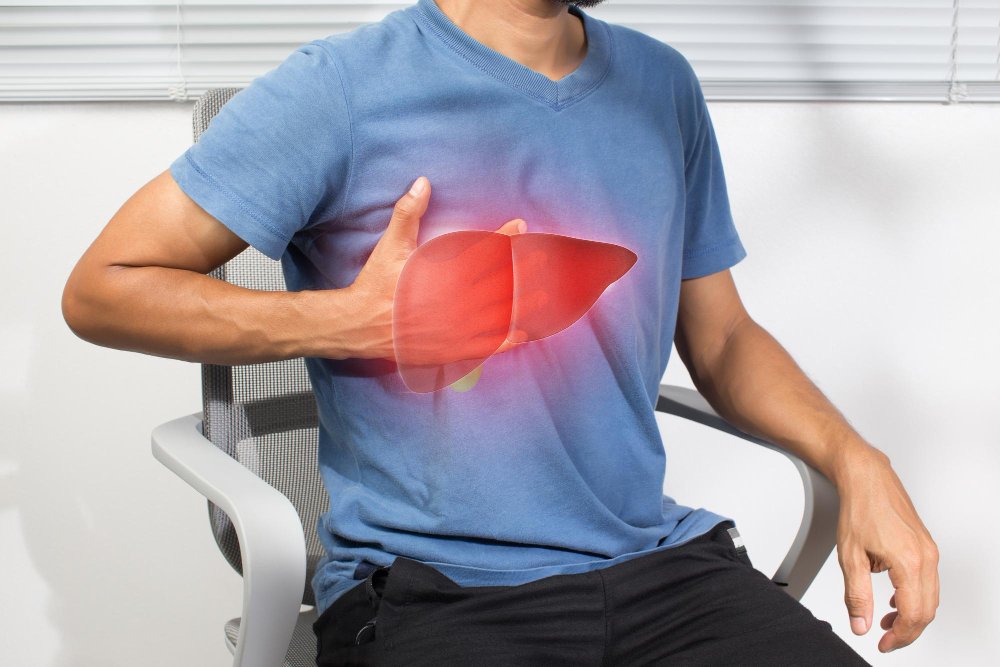What is Liver Cirrhosis?
Liver cirrhosis is a long-term condition where healthy liver tissue is replaced by scar tissue. This scarring makes it hard for the liver to work well. The liver helps your body by removing toxins, making proteins, and storing energy. When cirrhosis develops, these important jobs become harder for the liver to do. Many people wonder about the signs of liver cirrhosis, how it is diagnosed, and what treatment options are available. Understanding this disease can help you take steps to protect your liver health.
Common Symptoms of Liver Cirrhosis
Often, liver cirrhosis does not cause symptoms in the early stages. However, as the disease gets worse, you may notice changes in your body. For example, you might feel tired or weak. Other signs of liver cirrhosis can include:Yellowing of the skin or eyes (jaundice)Swelling in the legs, ankles, or bellyEasy bruising or bleedingLoss of appetite or weight lossItchy skinDark urineConfusion or trouble thinking clearly
Because these symptoms can also be caused by other health problems, it is important to talk to a doctor if you notice them. Early detection can make a big difference.
Major Causes and Risk Factors
Many things can lead to liver cirrhosis. In the United States, the most common causes are:Long-term alcohol useChronic hepatitis B or hepatitis C infectionNon-alcoholic fatty liver disease (often linked to obesity or diabetes)
Other risk factors include:Inherited liver diseasesSome medicines or toxinsAutoimmune liver disease
Not everyone with these risk factors will develop cirrhosis. Still, knowing your risks can help you take steps to protect your liver.
How Liver Cirrhosis is Diagnosed
Doctors use several methods to diagnose liver cirrhosis. First, they will ask about your health history and symptoms. Next, they may do a physical exam to check for signs like swelling or jaundice. To confirm the diagnosis, doctors often use:Blood tests to check liver functionImaging tests, such as ultrasound or CT scansLiver biopsy, where a small piece of liver is tested
Because early cirrhosis may not cause symptoms, regular check-ups are important for people at risk. If you are wondering how liver cirrhosis is diagnosed, these steps are common in most clinics.
Treatment Options for Liver Cirrhosis
While there is no cure for cirrhosis, treatment can slow its progress and help manage symptoms. The best treatment options for liver cirrhosis depend on the cause and how severe the disease is. For example, doctors may recommend:Stopping alcohol useTreating hepatitis infectionsManaging other health problems like diabetesTaking medicines to reduce swelling or control symptomsEating a healthy, balanced diet
In severe cases, a liver transplant may be needed. However, many people can manage their condition with lifestyle changes and medical care.
Lifestyle Tips and Prevention
There are steps you can take to lower your risk of liver cirrhosis. For instance, you can:Limit or avoid alcoholGet vaccinated for hepatitis BPractice safe sex to avoid hepatitis infectionsMaintain a healthy weightEat a balanced diet rich in fruits and vegetablesExercise regularlyAvoid sharing needles or personal items
Because prevention is easier than treatment, these healthy habits can protect your liver for years to come.
When to See a Doctor
Here’s the customized version for Niramayah Mediclinic:
If you notice any signs of liver cirrhosis, such as yellowing of the skin, swelling, or confusion, it’s important to see a doctor at Niramayah Mediclinic right away. Early treatment can help prevent serious complications. Even if you feel healthy, regular check-ups are essential if you have risk factors for liver disease. Our experts at Niramayah Mediclinic can guide you on the best ways to protect your liver and ensure your overall health.
For more information or if you have concerns about liver cirrhosis, consult a healthcare professional at Niramayah Mediclinic for personalized advice and care.
This version integrates Niramayah Mediclinic and invites patients to seek help for concerns related to liver cirrhosis.


